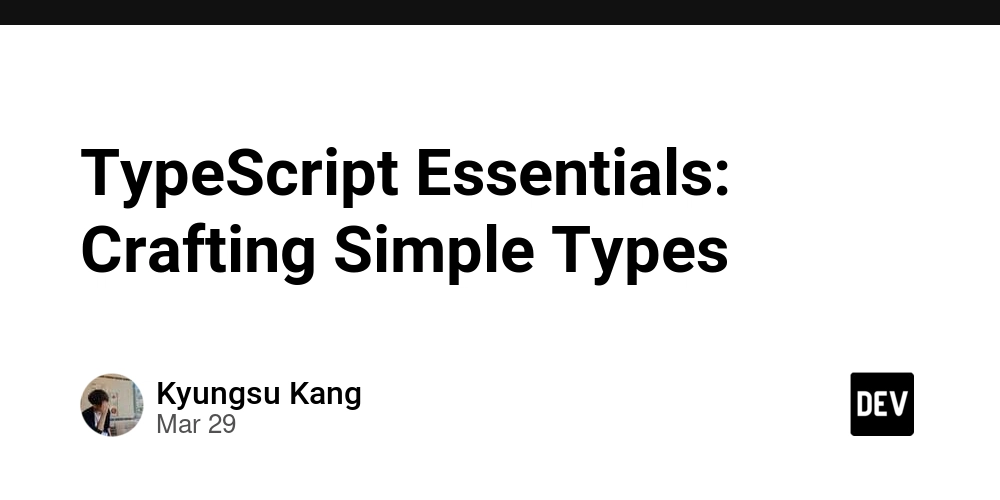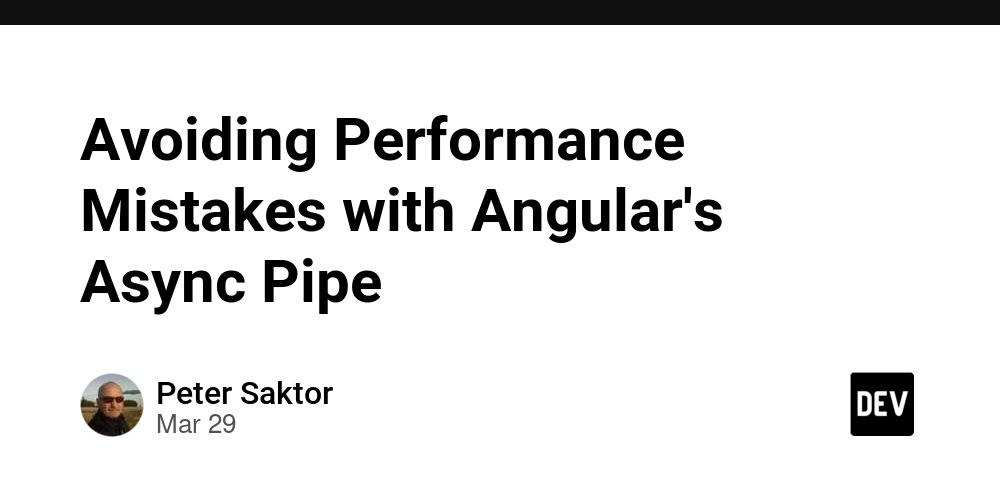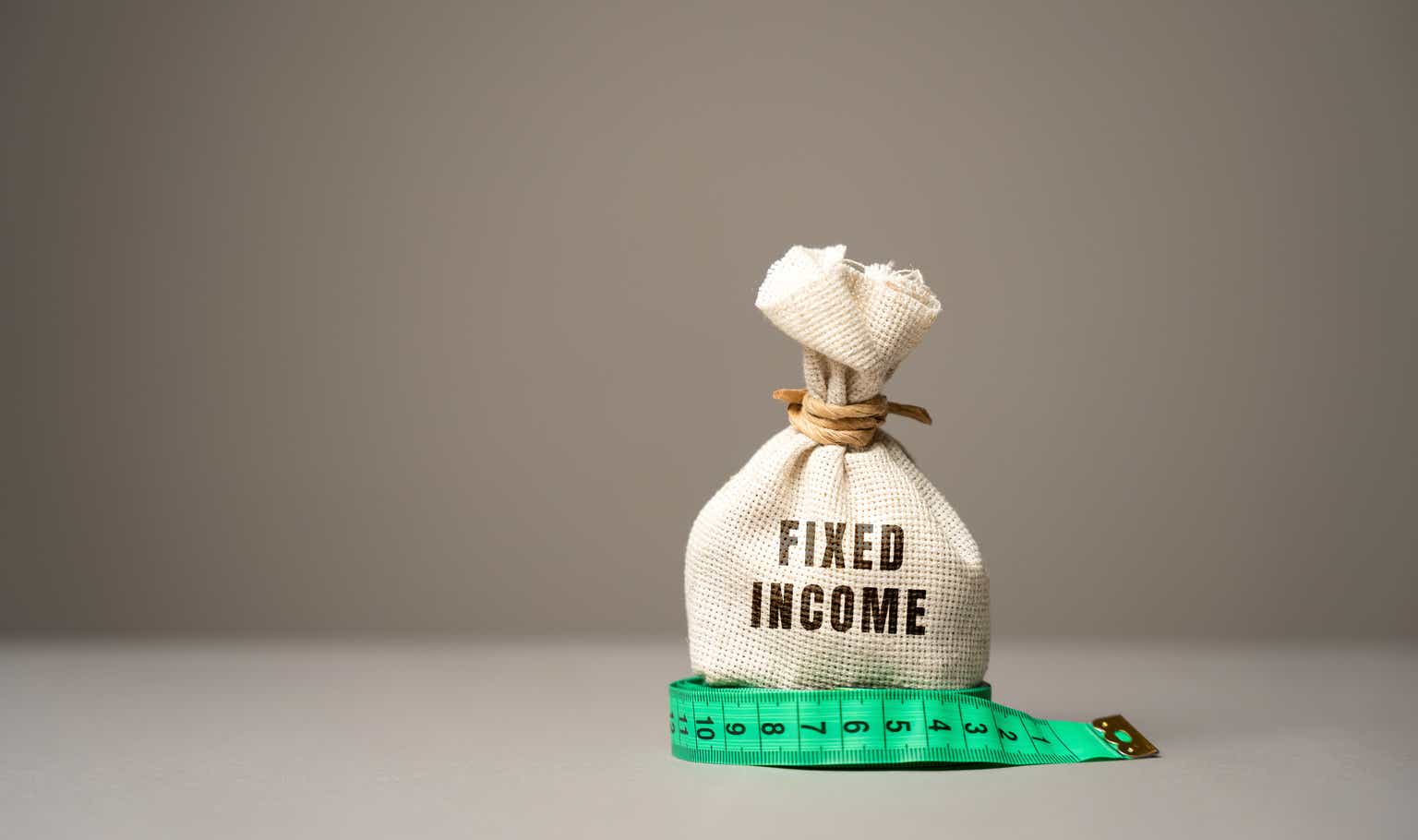Should I Purchase an Annuity for My Child as Part of My Estate Plan?
Never running out of money can be an attractive plan if you worry your child may run out of money. Is buying an annuity for them a good move? The post Should I Purchase an Annuity for My Child as Part of My Estate Plan? appeared first on The White Coat Investor - Investing & Personal Finance for Doctors.

 By Dr. Jim Dahle, WCI Founder
By Dr. Jim Dahle, WCI FounderMost annuities are products designed to be sold, not bought, and thus they should not be purchased. But when they are purchased, they should be bought for their guarantees. Annuities are an insurance product, not technically an investment. While they come in all kinds of varieties, the most “pure” form is the classic Single Premium Immediate Annuity or SPIA.
With a SPIA, you give an insurance company a lump sum of money, and then starting the next month, you get paid a fixed amount every month until you die. The guarantee you are buying with a SPIA is a life-long income. You're guaranteed to always get paid something. Unfortunately, you pretty much can't get an inflation-indexed annuity anymore, so your income is really only guaranteed in a nominal way, not a real way. As a general rule, you have to give up something to pay for those guarantees, and what you are typically giving up is the higher expected returns available with a more traditional investment. That's essentially the cost of the insurance.
Why Would Someone Want to Buy an Annuity for Their Child?
Never running out of money can be an attractive proposition for someone that you worry may run out of money, but the only time I've seen people seriously consider buying annuities for their child is when the child is very young and they're focused on a different feature of annuities. They're focused on the tax-protected growth. Annuity earnings, when withdrawn from the annuity, are taxed at ordinary income tax rates. That's a serious downside of annuities compared to an investment that generates qualified dividends and long-term capital gains, both of which are taxed at much more favorable rates. However, if fees are low, it is possible that over many decades, the tax-protected growth in an annuity can overcome the difference in tax rates. Plus, in many states, annuities provide some additional asset protection for the owner in the event of bankruptcy or a serious judgment. So, you could theoretically pay for a newborn's retirement by dumping a bunch of money in an annuity for them.
However, those asking me about annuities for their child as part of their estate plan are not thinking about this use of annuities. They're thinking about it like someone might consider a spendthrift trust. They're thinking, “Oh, I”ll just leave them an annuity and then I can save all the cost and hassle of starting and maintaining a trust.” I suppose you could do this. But I probably wouldn't for three reasons.
#1 Annuity Rates
SPIAs are often purchased between ages 65-75 to put a floor under the spending of retirees. When added to pensions and Social Security, a retiree can often cover all of their expenses—or at least their fixed ones. As I write this article, available SPIA rates at these “typical” ages are:
- 65-year-old male: 7.64%
- 65-year-old female: 7.35%
- 75-year-old male: 9.95%
- 75-year-old female: 9.45%
Lest you think insurance companies discriminate against women, it's actually God (or nature depending on your religious beliefs) discriminating against men. We just die earlier on average.
See why that's appealing? Instead of using the 4% rule or maybe getting a little aggressive and using 5% and potentially leaving behind a big inheritance, you're getting 7% or even 10% and leaving nothing behind. You know what's not appealing? Buying one of these things at 45, especially in times of low interest rates. It wasn't that long ago that a 45-year-old wasn't even getting 4% on a SPIA. Today a 45-year-old male and female can get somewhere in the 5% range. So, that's a little better, but even so, you've really got to wonder if you wouldn't do dramatically better with the money in traditional investments. I mean, cash is paying 4.5% right now, and you don't lose any of the principal at death.
Buying an annuity for your child at your death probably means they won't be getting all that high of a rate, and it'll be highly dependent on what interest rates are when you die.
More information here:
The Wrong Annuities Are Being Sold (Bought?)
#2 Spendthrift Trusts Are More Flexible
If you instead just put the money in a spendthrift trust when you died, it could be invested in stocks, bonds, real estate, and similar traditional investments. It could be managed on behalf of your heir. With the proper trust provisions in place, you don't have to worry about the heir running out of money or spending it all. Most importantly, the trustee can be given flexibility. Perhaps your child might need a lump sum from time to time to buy a house or pay for an expensive medical procedure or something. An annuity isn't going to allow that. The downside is that you'd have to pay to have the trust drafted and, of course, there would be some ongoing expenses associated with it—such as management fees, trustee fees, and tax preparation fees. The tax bill could be higher or lower depending on how the money was invested.
#3 Annuities Can Be Sold
Perhaps the biggest issue is simply that the income stream from an annuity could be assigned to someone else—in essence, sold for a lump sum. Which kind of defeats the purpose of buying it in the first place. It seems much easier to avoid that sort of thing with a trust run by a competent trustee.
More information here:
Why Mixing Insurance and Investing Causes So Many Problems
Charitable Remainder Trusts Are an Option
Occasionally, you'll see someone use a Charitable Remainder Trust to provide an income stream for an heir. These split-interest gifts provide a tax break to the grantor (you) and an income stream to whoever you want (typically you, but it could be your child) for a specified period of time (including until you or your child die). After that time period is up, whatever is left of the trust goes to charity. While it would not provide the flexibility of a spendthrift trust and you would also have to have serious charitable desires, this might be an option for some people considering leaving an annuity to their child.
Annuities Have Beneficiaries
If you have an annuity that IS NOT a classic SPIA or Delayed Income Annuity (DIA), such as a Variable Annuity (VA) or a Multi-Year Guaranteed Annuity (MYGA), you'll need to designate a beneficiary. That'll leave an annuity to your child, although they could just cash it out immediately if they wanted.
It's not a bonkers idea to leave an annuity for your spendthrift or special needs child, but I think you would have a lot more peace of mind—and they would likely have a better experience—if you used a spendthrift trust instead.
What do you think? Would you set up an annuity as part of your estate plan? Why or why not? When would you do it?
The post Should I Purchase an Annuity for My Child as Part of My Estate Plan? appeared first on The White Coat Investor - Investing & Personal Finance for Doctors.



















































































